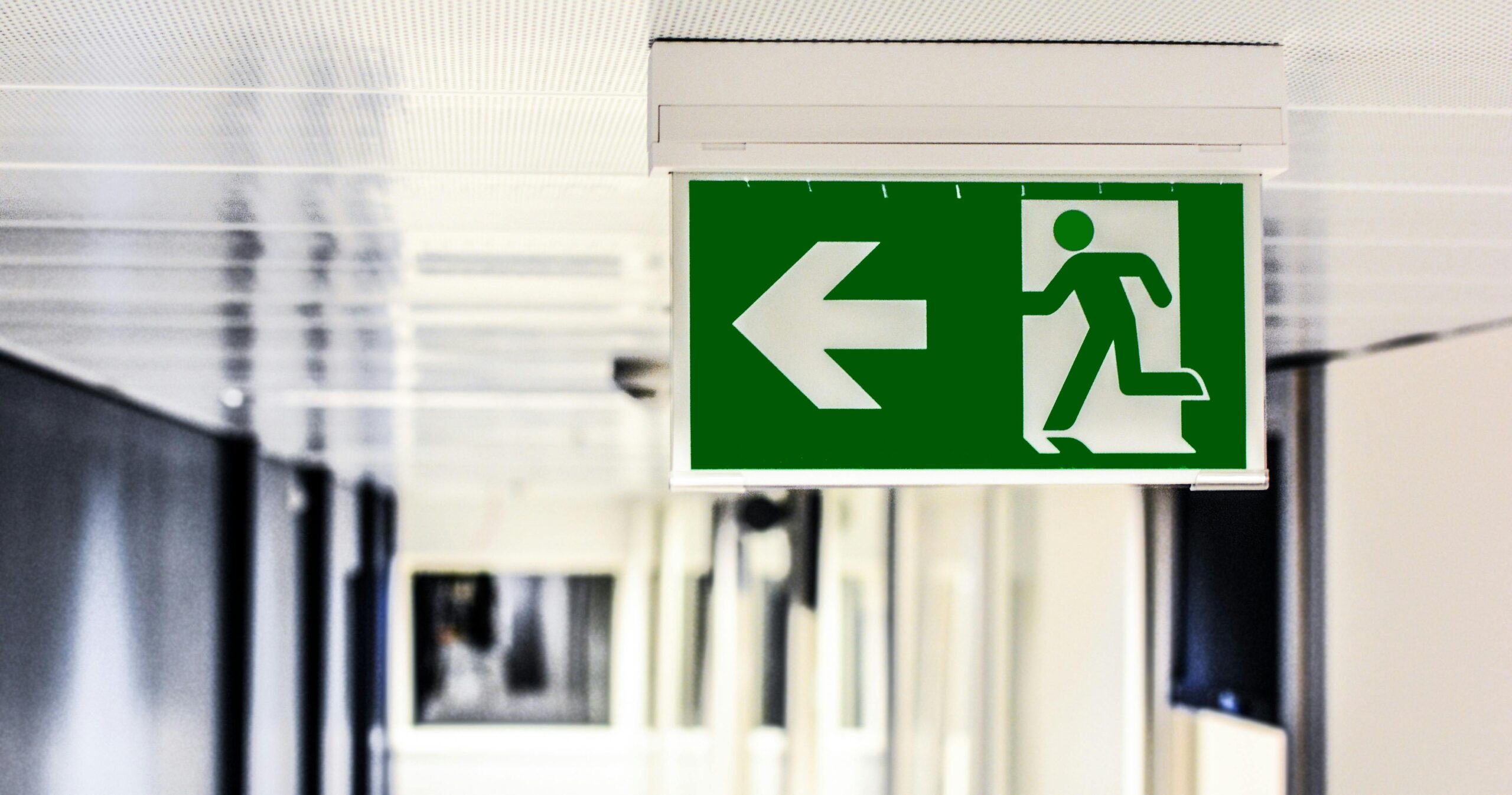In a resolute response to a cyber attack that affected Kuala Lumpur International Airport (KLIA), Malaysian Prime Minister Anwar Ibrahim stated he would not acquiesce to a $10 million ransom demand made by hackers. This decision came after operations were reportedly disrupted at the airport, operated by Malaysia Airports Holdings Berhad (MAHB), during the early hours of Sunday.
During a speech on Tuesday, Anwar emphasized the necessity of standing firm against criminal threats, stating, “When I was informed about this … I did not wait five seconds. I said no. There is no way this country will be safe if its leaders and system allow us to bow to ultimatums by criminals and traitors, be it from inside or outside the country.” His comments reflect a commitment to national security and resilience against cyber threats.
Reports suggest that KLIA experienced significant complications, with former Malaysian MP Wee Choo Keong indicating that systems were down for more than 10 hours. He shared images on Twitter showing airport personnel resorting to whiteboards to display flight information, raising concerns about the extent of the disruption. However, other social media reports showed functioning flight information displays, leading to questions about the accuracy of the initial reports.
In a joint statement, Malaysia Airports and the National Cyber Security Agency (NACSA) acknowledged a cyber attack had occurred but denied claims that operational capabilities at KLIA were critically affected. Anwar called for increased investment in cybersecurity to protect vital infrastructure like airports and financial institutions.
Despite the ransomware attack’s hallmarks, no group has yet claimed responsibility. The incident echoes similar past events, such as the 2018 cyber attack on Bristol Airport in the UK, which also required the use of whiteboards for passenger communication. The Malaysian authorities, facing increasing cybersecurity challenges, recognize the urgency for enhanced protective measures against such attacks.

